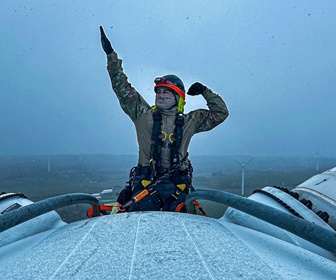The first results of a survey of community energy entities in Germany and Japan show that the shareholders in such projects are predominantly male. In the companies surveyed in North Rhine-Westphalia, the proportion of women among the shareholders is 29%, who hold 27% of the shares. Japanese community energy entities also have a share of women of below 30%.
A two-year study, which is carried out jointly by the World Wind Energy Association and the association for renewable energies of North Rhine-Westphalia LEE NRW in cooperation with the Japan Community Power Association, aims to shed light on the gender ratio in community energy.
In the first year of the study, a total of more than 50 community energy entities in Germany and Japan were surveyed in order to get a more precise picture of the shareholders.
While the overall proportion of women in Germany is less than a third, in half of Japanese companies it is even less than 10%. In both Germany and Japan, it can be seen that larger community energy entities tend to have more women. For Germany it can also be stated that the proportion of women in entities with solar energy projects is on average higher than in pure wind projects.
Women are also under-represented in management: while the boards of German community energy entities comprise of 35% women, almost half of the Japanese community energy entities do not have a single woman in management.
The survey also showed that only a small proportion of the community energy entities - whether in Germany or Japan - have so far started to actively increase the participation of women.
In a second survey, the shareholders were asked about their motivation to participate in the energy transformation in the form of community energy. Here, too, a similar picture emerges: the majority of the people surveyed are older men, often retired, and with a higher level of education. It turns out that not only women, but also people with a migration background or with lower incomes have so far been underrepresented in community energy.
The predominantly altruistic motives of the people surveyed have to be seen as very positive: 90% stated that they were primarily involved in the area of citizen energy in order to make an active contribution to climate protection and the energy transition. Financial motives, on the other hand, play a subordinate role.
The full study with the full results will be published in early summer 2021.










